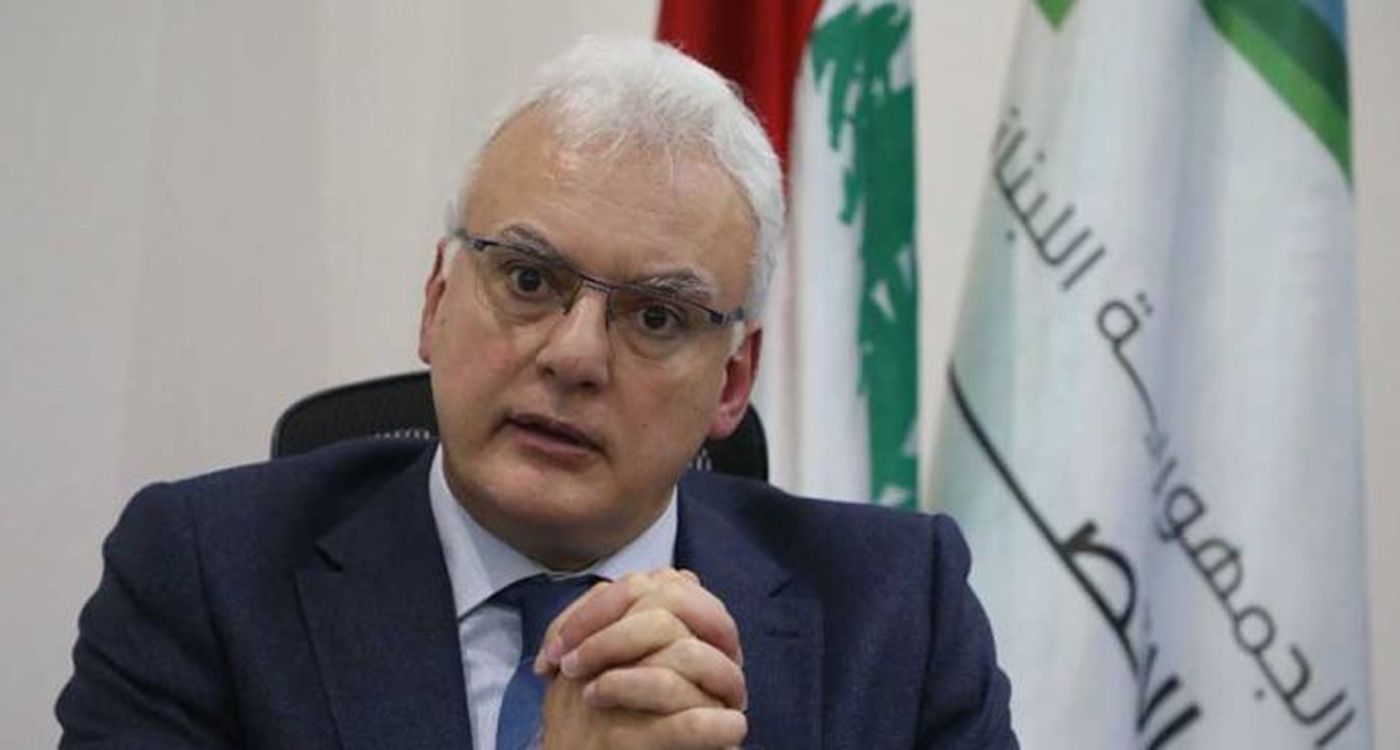
Since the outbreak of the Hezbollah-Israel conflict, Lebanese citizens have been living in constant fear of losing their internet access abruptly, potentially isolating them from the world should the bombings target the country's vital relay stations. Caretaker Minister of Telecommunications, Johnny Corm, sheds light on the precarious state of Lebanon's internet infrastructure.
As connectivity becomes a lifeline for everyone, Lebanon faces a serious threat to its internet network. Johnny Corm, the caretaker Minister of Telecommunications, has issued a stark warning, cautioning that the country's internet is at significant risk. Speaking to This is Beirut, he explained that “Lebanon’s airspace is open, allowing Israeli aircraft to move freely, which poses a threat to the nation's cybersecurity and relay stations.” He reported that, to date, 175 relay stations operated by the mobile provider Touch are offline, with 9 completely destroyed and 11 severely damaged, while 161 stations run by Alfa are also out of service. These damaged stations are primarily located in the southern suburbs of Beirut, South Lebanon, and the Bekaa Valley. Additionally, around 30 stations managed by Ogero, the state-owned internet provider, have been destroyed.
Corm also revealed that he has approached Microsoft with a proposal to whitelist the Teams platform. This initiative would enable public school teachers and students to access the platform without internet by authenticating through their phone numbers. He confirmed that steps are actively being taken to develop this mechanism.
In an effort to improve internet services for citizens in Lebanon, Corm noted that he submitted a request to the Council of Ministers to double the internet speed and quality, akin to the enhanced bandwidth provided during the Covid-19 pandemic.
Regarding Starlink, the satellite internet service from SpaceX, Corm mentioned that discussions are ongoing, but many obstacles remain. “We need the approval and support of Lebanese security agencies to advance the negotiations,” he emphasized, stressing the importance of obtaining written consent from these agencies.
He also highlighted a shift in Starlink’s stance on their agreement. The company now seeks to store data in Germany or Qatar, which would require Lebanon to request access from these countries in case of security concerns. Corm described this arrangement as “sensitive” and is awaiting the necessary security clearances before proceeding.
Moreover, while Starlink was initially supposed to pay a licensing fee in Lebanon estimated between $500,000 to $1 million, the company now offers to pay only $30,000. Despite an agreement with the ministry to add a $30 fee per subscription to support the public telecommunications provider Ogero, Starlink is now willing to contribute only $1.50 per subscription, without reducing the price that subscribers would pay, which is approximately $50.
Acknowledging the challenges ahead, Corm admitted that the negotiations are complex but remains committed to awaiting security agencies' clearance to present a counterproposal. He underscored the substantial efforts his ministry has made over recent months to secure internet access via Starlink
It is worth noting that Starlink operates with a network of 3,200 satellites orbiting the Earth, enabling users to access the internet without relying on traditional infrastructure like cables or phone lines. Unlike traditional geostationary satellites, Starlink is the first satellite internet provider to utilize low Earth orbit, which reduces latency from 600 milliseconds to approximately 20 milliseconds, benefiting around one million customers in over fifty countries.
Despite the challenges with Starlink, Johnny Corm highlighted that the ministry is actively considering other satellite solutions such as SES and OneWeb, asserting, “We are committed to providing alternatives for the Lebanese people.”




Comments